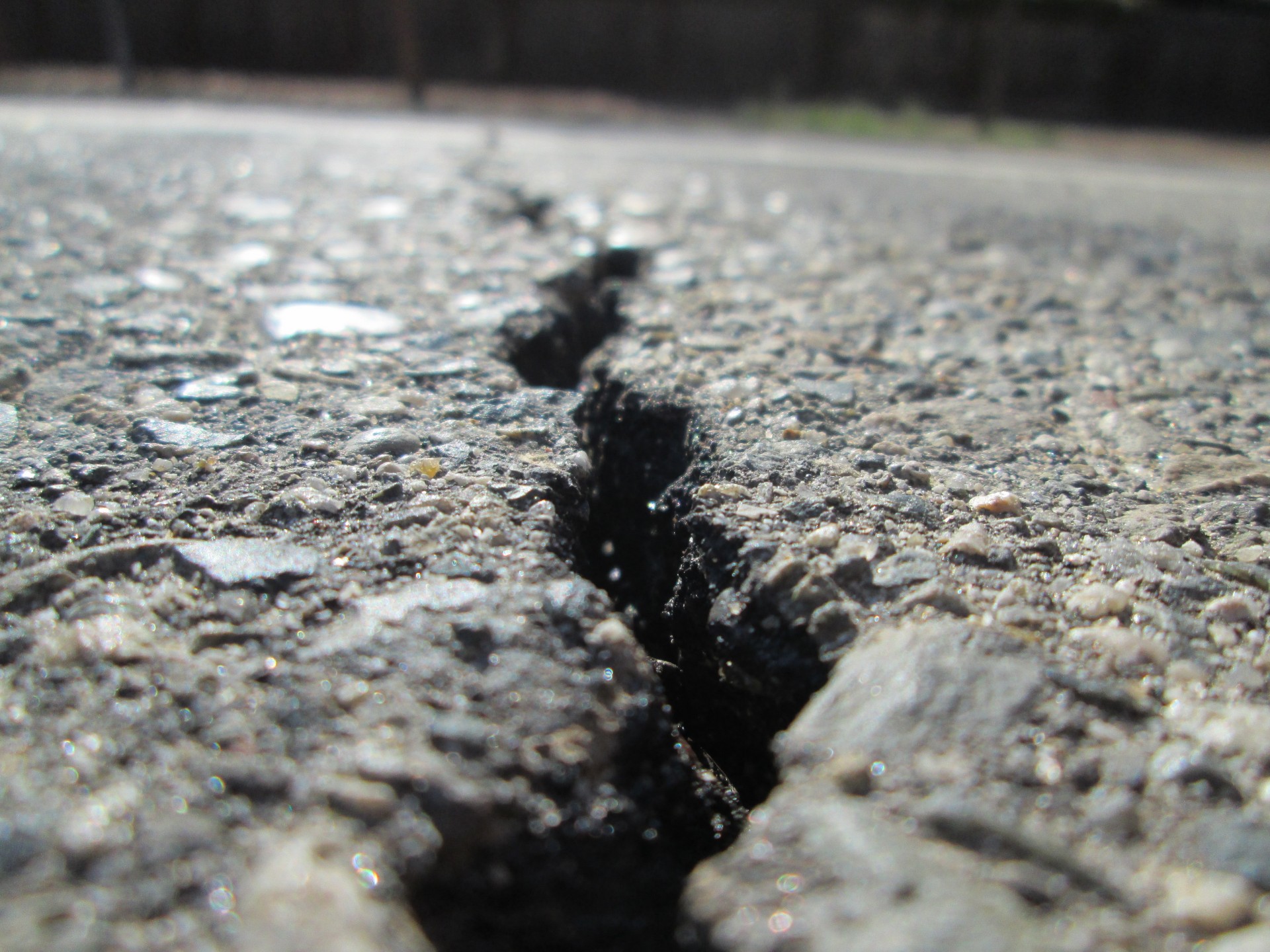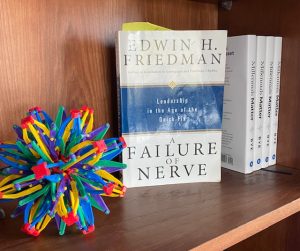
Boost Leadership Development in a Dramatically Shifting World (Failure of Leadership)
Every generation feels they have dealt with immense challenges. And it’s true. Think about the great wars, financial hardship, natural disasters such as earthquakes and hurricanes, and previous pandemics – it was extreme. And when we look at our dramatically shifting world right now?
I believe the times we’re living in right now are more tumultuous than most times. This is an unprecedented period in our nation, our world, our history. In some areas of our lives, we all feel it. We can feel the earth shifting beneath our feet.
These times call for fresh insight into how we mentor and coach leaders for the future. Especially since it seems that people are more stressed-out than ever!
Sometimes it gets so bad, we’re mentally, or even physically, shaking with fear.
Leadership Development in a Dramatically Shifting World
Those who study history, say that every hundred years there’s a New Era. Think about all the industrial and technological advances of the past. Approximately every 400 to 500 years, there’s a new Epoch – a dramatic shift that causes everything around us to shake. Many years ago, the fall of the Roman Empire caused such a shift.
What’s happening today?
-
- Globally, we see shifting power structures.
- Big Media and Big Tech is controlling more of what we hear, and more importantly, what we don’t hear.
- Technology continues to introduce us to new concepts – AI, Robotics, drones, bitcoin…
- Politically, we’re seeing the introduction of new House Bills that fundamentally change who we are as a nation.
- The management of the Covid-19 pandemic has introduced previously unknown concepts like global lockdowns, social distancing, and mandatory mask-wearing.
Welcome to a new ERA and a new EPOCH!
No wonder we feel like the earth is shaking beneath us! Because it is!
As leaders, how do we respond to these massive cultural shifts?
I recently visited a friend who’s involved in mental health. During our conversation, I had an a-ha moment. She said Covid-19 is not the only pandemic. The other pandemic that is equally destructive, is fear.
That is so true, isn’t it!!!
Fear reduces our capacity for resilience, creative problem-solving, and making a positive difference. Fear is a maximum destroyer.
It’s easy to get stressed out, burned out, and strung out.
Could it be that our fear and personal anxiety is based on how we approach leadership?
Experts say that the chief cause of stress and burnout is not overworking, but getting stuck in other people’s problems.
What?
Getting stuck in other people’s problems?
How does this “stuckness” relate to being filled with fear in the middle of this earthquake, where the tectonic plates of our culture seem to be shifting?
In the oil & gas industry, we often talk about the role of tectonic plates. What happens when the tectonic plates of the earth shift? Geologists tell us that when the earth’s plates move, they collide or spread apart, allowing lava to escape from the mantle. When collisions occur they produce mountains, deep underwater valleys called trenches, and volcanoes. The Earth is producing a “new” crust where two plates are diverging or spreading apart.
Does this phenomenon in nature remind you of what we’re experiencing in our culture right now? Yes, it’s that powerful and it’s not surprising that we are mentally shaking with fear! So it’s time to make sure we’re ready for what is about to unfold. A new Era and a new Epoch.
Solid Leadership Development is needed for Shaky Times

Friedman explains the difference between well-differentiated leaders vs. poorly differentiated leaders. It describes the ability of being able to control your thinking and your emotions – both internally and externally. This becomes especially important when it feels as if the earth is about to open beneath your feet. Friedman uses a term that can be difficult for many of us to understand…the concept of “differentiation.” I think of it as being able to stay focused on oneself, and not try to run someone else’s life.
Leadership Development Failures Contribute to Burnout and Stress
As mentioned above, many experts say that the chief cause of stress and burnout is not overworking, but getting stuck in other people’s problems.
How might understanding this concept of “differentiation” help us reduce stress and burnout?
Let’s looks at how Friedman contrasts poorly differentiated leaders from healthy ones.
Poorly Differentiated Leaders Spread Toxicity
Poorly differentiated leaders act like a virus that infects everyone on the team. They create a toxic environment – one where they survive…and can spread their toxicity.
Here are some of their strategies:
-
- Roping in other people into their way of thinking, without listening or seeking to understand the other person.
- They either intentionally or unintentionally form triangles. In this way, they emotionally gang up on another person, or a group of people.
- Gossiping about others in their team or in the company.
- Getting everyone stuck in their drama.
Leadership Warning: For many, it’s tempting to get involved with the drama. They feel valued and trusted because they were asked to “help” in a difficult situation. And, it’s a situation that they should have ran from, vs. getting roped into the Earthquake Culture.
Avoid the “Earthquake” Fear Culture with Effective Leadership Development
Poorly defined leaders who create drama, lack these two items:
-
- Self-knowledge and
- Self-control.
In contrast, well-differentiated leaders, according to Friedman, possess the ability to keep a healthy, steady, non-anxious presence…even in the midst of an earthquake.
How to Manage Millennials Now
So, what might well-differentiated leaders do to bring calm to a chaotic situation? Here are some ideas that I picked up while reading Friedman:
Don’t Cave into Pressure
-
- Clarify your life values, principles, and vision. Then, ensure you’re doing what you are called to do, not what someone else wants you to do.
- Act with integrity in all situations.
Stay Calm
-
- Separate yourself emotionally (and maybe physically) from the chaos. When you feel confused, give yourself time to think and process. It’s okay to say, “Let me think about this, I’ll get back to you.”
- Remain in a relationship, emotionally connected with those you’re dealing with, even when you disagree. Civil discourse may be disappearing in the public square, but we can certainly nurture it in our personal and professional relationships.
Focus on Fixing the Process, Not the People
-
- Avoid pleasing people – it’s an impossible task. Focus on gaining respect, not people’s approval.
- Know that you’ll never be able to ‘fix’ anyone on the team anyway – you can only fix yourself.
- De-emotionalize the problem by thinking through how to fix the process. Then creative, long-term leadership development solutions can be installed.
Develop Character Traits that Fuel Leadership Development
We can’t blame this generation if they feel that they are facing insurmountable challenges. These times are unpredictable, and indeed, tumultuous. Millennials are trying to find their way in a new Era and a new Epoch. We need to be their guides in these difficult times. There are many scriptures that shine a bright light on how we can do this.
One of my favorite scriptures is Psalm 1:3 (ESV)
I want to be this leader…
“He is like a tree, planted by streams of water that yields its fruit in its season and its leaf does not wither.”
I believe this scripture captures the essence of the characteristics that Friedman lists for well-differentiated leaders who leads without fear.
Watch my Video How to Motivate Your Sales Team Through a Successful Sales Management Process Here:
Here’s how I’ve listed these out in my personal journal:
As a leader, I commit to…
-
- Focus on my strengths
- Prioritize my own growth
- Work with motivated people
- Stay emotionally stable
- Seek long-term change, not short-term fixes
- Take a stand and gain internal clarity to communicate clearly
- Identify and work on my own “stuff” that needs to be changed or strengthened
- Embrace and accept the challenge of difficult circumstances
- Accept sabotage and emotional tantrums as a sign of my effectiveness
- Encourage others to take personal accountability
What would your list look like? What other items might you add to this list?
With anxiety and stress on the rise, it’s time to act. What might you do to make a positive impact in this new era? Commit to finding fresh leadership development strategies so that you can mentor and coach with wisdom and integrity. You are called to develop well-differentiated leaders for the future who are able to remain calm and focused when the tectonic shifts happen around them. Together you can fight the Pandemic of Fear. Then we will experience growth on all levels: business growth, sales growth, personal growth, and more.
Your leadership matters now, more than ever!
Note: For a quick summary, watch this video discussion on Failure of Nerve.
To read more about what else I’ve had to say about Failure of Nerve, check out this article:
How to be a Differentiated Leader for Millennials (Leadership in the Age of the Quick Fix)
Leadership Development Lesson: Use these difficult times as an opportunity to prepare and develop solid leaders for the future.
Leadership Development Question: What seemingly insurmountable challenges do you deal with when you work with your Millennial leaders?
 Frustrated that your sales team isn’t delivering piping-hot sales results?
Frustrated that your sales team isn’t delivering piping-hot sales results?
We invite you to schedule a free virtual coffee meeting with us. No charge, no obligation. Just a one-on-one 45 minutes to talk through what challenges are happening, receive personal tips, advice, and next steps on how to solve those challenges. To schedule, email me at danita@DanitaBye.com



No Comments